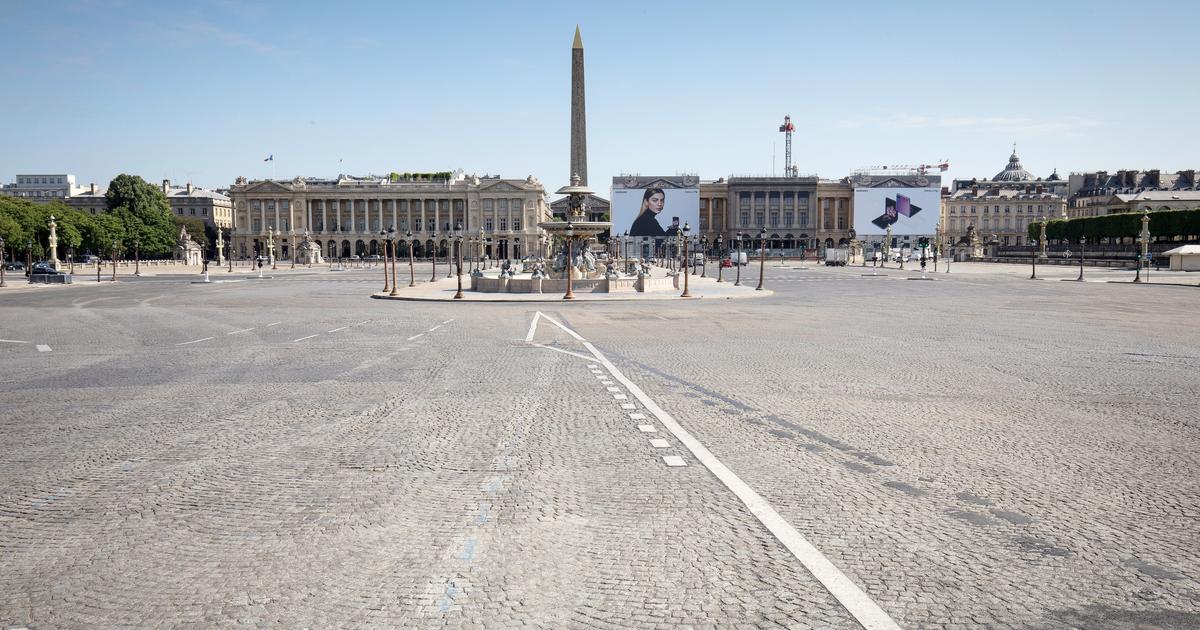The first confinement decreed in France during the Covid-19 pandemic, the strictest, had the strongest impact by reducing the transmission of the virus by 84%, estimates a large study which also assesses the influence of curfews and the vaccination.
Researchers from the University and University Hospital of Bordeaux, Inserm (National Institute of Health and Medical Research) and Inria (Research Institute for Digital Sciences and Technologies) are communicating estimates this Wednesday on the the effectiveness of restrictive measures (lockdown, curfew, etc., and vaccination policy, based on mathematical modeling of data available in France between March 2020 and October 2021. Their results, published in the journal Epidemics,
show
that the most restrictive measures such as confinement and curfew had a significant effect on reducing transmission of the virus. The first confinement from March 17 to May 11, 2020 was the most effective, with a reduction in transmission of the virus. SARS-CoV-2 virus by 84%, according to these researchers. A curfew at 6 p.m. was found to be more effective than at 8 p.m. (reduction of 68% compared to 48%), also notes the study.
Also readCovid-19: which vaccines are available for the new vaccination campaign?
Although school closures had a more limited effect, they nevertheless reduced viral transmission by 15%.
And confinement in France a week earlier would have avoided 20,000 deaths, according to these simulations.
The president of the Scientific Council during the Covid crisis, Jean-François Delfraissy, regretted in September 2020 not having pushed to confine France a few days earlier.
Proven benefits of the vaccine
For this study, the researchers also simulated a situation without a vaccine until the end of the period analyzed (March 2020-October 2021): 159,000 additional deaths and 1.48 million more hospitalizations would have been recorded in France.
Or
“double”
the number of deaths recorded.
Conversely, with a vaccine earlier (after 100 days, which was the initial goal of the International Coalition for Epidemic Preparedness Innovations), 71,000 deaths and 384,000 hospitalizations could have been avoided.
These data are consistent with other studies, notably from the World Health Organization (WHO), Inserm underlined in a press release on Wednesday.
In mid-January, the WHO estimated that anti-Covid vaccines had saved at least 1.4 million lives in Europe.
“Although the exercise is complex to estimate the number of people saved by a specific intervention, all studies find a major impact of confinement and vaccination
,” commented Rodolphe Thiébaut, professor of public health at the Bordeaux research center. Population Health and main author of this study, cited in the press release.

